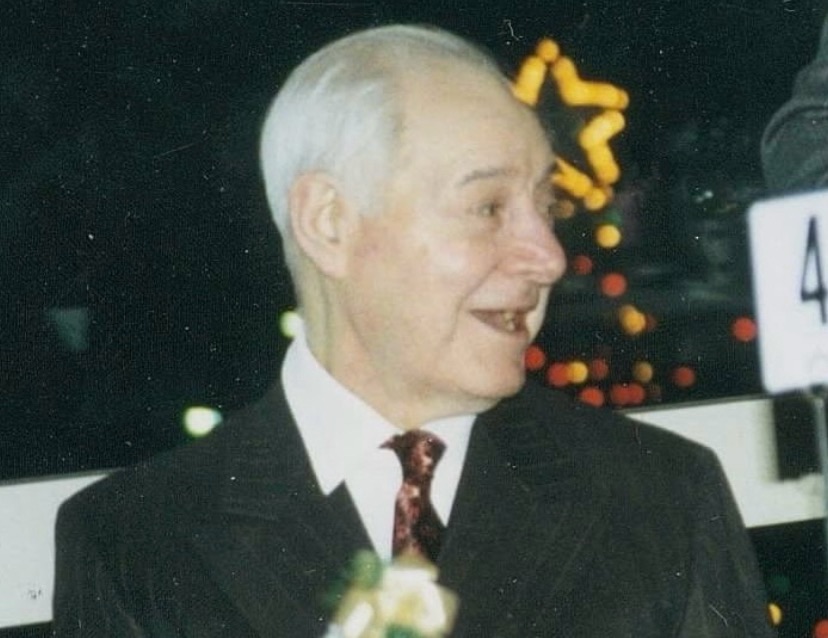As a boy, I vaguely remember the older Italian men, inside and outside my circle, having discussions of famous athletes of the day, and their inspiring rise to fame.
No doubt you’ve heard of some of them.
Names like Berra, Williams, Rizzuto.
Mantle. DiMaggio.
One that stands out in particular was Rocky Marciano. If the name sounds unfamiliar, he retired as the undefeated heavyweight boxing champion. I grew more curious as I heard the name Marciano in those influential circles.
To describe his rise to glory to that pinnacle as unlikely would be a kind assessment.
Unlikely to survive illness as an infant.
Unlikely to escape the factory life that consumed his father’s life.
Unlikely to become great in a brutally physical sport with his raw, limited skills.
With one sledgehammer of a right hand, the unlikely story no longer resembled a fairy tale, but the ignition of a suppressed culture and an inspiration to millions of immigrants looking for a ray of light, a shred of hope.
An American with Italian roots became heavyweight champion.
According to a piece by writer Al Bruno in La Gazzetta Italiana:
(Marciano) achieved the unthinkable and unimaginable to become boxing world champion. “Get out of this factory and be somebody important,” Marciano’s father, Pierino, a native of Abruzzo, would repeatedly urge and remind his oldest son: fueling him emotionally to do something “special” and rid himself of oppressive factory work and imminent poverty. Young Marciano feared poverty most for his parents and he wasn’t going to let that happen.
I often compared the physical and mental makeup of my grandfather, Sebastian, to Marciano: a short, compact frame, always moving forward, in a relentless space of grit and determination.
Like my grandfather, Marciano’s work ethic may have been the single determining factor in the successes of his life. According to Bruno, “Marciano was on a ‘no-lose’ mission to achieving greatness and he did so by simply out-working and out-conditioning all foes.”
Marciano, remarkably consistent and disciplined, spent hours in the gym, sparring, performing hundreds of push-ups and sit-ups, and putting at least seven miles of roadwork a day.
Similarly, Sebastian performed his jobs like a man possessed: as any true Calabrian would.
As Stanley Tucci described his Calabrese grandparents in his best seller, Taste – “my grandparents left the extreme poverty of Calabria and… knew nothing but labor. All of that labor was dedicated to survival and creating a life with only the most minimal of creature comforts. Nothing went to waste, and luxuries were unheard of.”
Sebastian, as well as my Sicilian grandmother, went through a similar arduous journey.

I’m unsure if my grandfather was at all influenced by Marciano. He was a man of few words and many deeds. A true representative of the “old-school” way of thinking.
I do know that he, after finishing a shift at the factory, would quickly move to our family’s first restaurant, Jack’s in Troy: a bartending shift awaited, to occupy his night.
Was he, in fact, under a subtle influence of the Friday Night Fights of the day? Watching boxers struggle to the apex of the maximum fifteen rounds, as he fought through never ending hours of shift work?
I’d like to think that, in a quieter moment, he stood behind that bar capturing renewed inspiration, watching the athletic struggles of the small screen.
Marciano, against all odds, became heavyweight champion, igniting a culture into social prominence. Sebastian became the champion of his family, determined to leave the poverty of Calabria behind.
For me, and others in our family, he transformed himself from a poor Italian immigrant into the heavyweight of our times.
Like this article? Please share on your favorite social media channel. For additional articles, see the related content below. To be notified of future posts, please enter your email in the space provided.
Joe, I love your stories. They are like wrapping up in an old worn out bathrobe with fuzzy slippers. I grew up on 14th St. in Troy and knew your family of Prezio’s and DiGeorgio’s….along with the Lucrezio’s (4 generations I think)….Agostino’s, Rubino’s and a host of others that I can’t recall their last names. The gravy aroma still permeates my brain and senses when I step back onto 14th St. occasionally. My father had a permanent stool at Jack’s as far back as I can remember. This goes back from the late 50’s to 1969 when he passed away in my junior year of high school. When we lived on 14th St., it was his first stop before hopping the bus up the hill to his 2nd barstool at Walsh’s. I’m not sure what years your grandfather owned Jack’s, but I am sure at one point he certainly served my father his Ballantine’s, Schlitz or Fitzgerald beers. Unfortunately, too much time was spent on those barstools and he died young of cirrhosis. Keep your stories flowing, I love reading them.
Kathy Casey
Thanks, Kathleen. The Prezio family, my cousins, first operated Jack’s in the 50s. My grandparents took the reins by the end of the decade, into the late 60’s.
Thanks for sharing your memories, as well. Very vivid!
Beautiful so proud of you❤️❤️❤️❤️
Sent from my iPhone
>